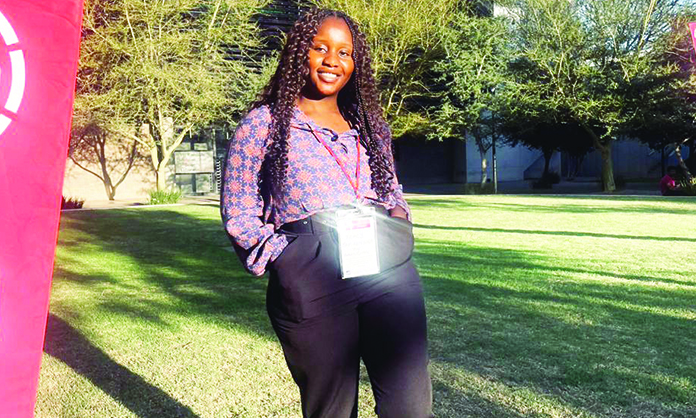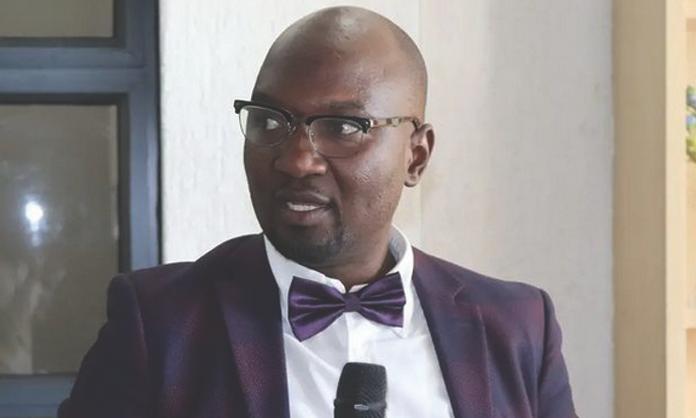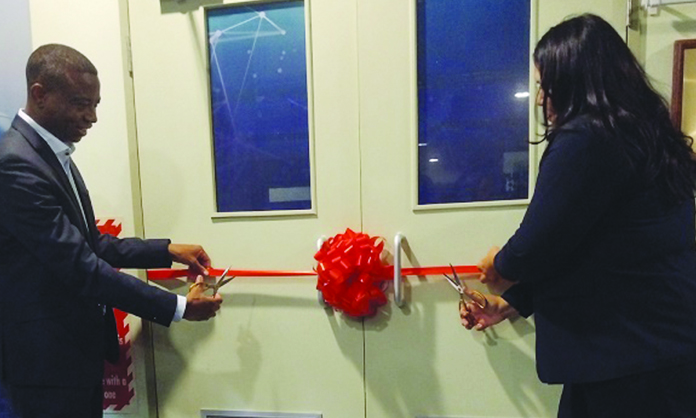Journalism is often called a thankless profession, with its endless deadlines and relentless pursuit of stories.
Yet, beyond its vital role as a force for good, journalism offers a unique allure: the opportunity to travel, encounter diverse perspectives and explore the world.
Two weeks ago, I travelled to Johannesburg for the African Investigative Journalism Conference. It’s the premier event for investigative journalists across the county.
Saying goodbye to my family was harder than I thought. With a mix of excitement and nerves, I headed to Hosea Kutako International Airport, settled down at a restaurant to pass the time, and waited for my flight.
When it was finally time to board, I grabbed my food in a rush, my mind already in Joburg – only to realise later on the plane that I had left my backpack behind.
Thankfully, the kind flight attendants let me go back to grab it.
Once I boarded the plane, I found myself counting seats, searching for 8C like I was on a treasure hunt. Only then did I realise the numbers were displayed right above each row.
Upon take-off, I held onto my belt for dear life. I saw my life flash before my eyes and started thinking about my husband and my child.
Truthfully, as a grown woman, I wanted to cry, but looking around, I saw that no one else was panicking, particularly the unbothered passengers reading their novels. I decided to relax too, drawing courage from their ease.
l followed their lead and remained calm.
I had too many embarrassing moments on this trip – but we live and learn.
Johannesburg’s reputation preceded it; many warned me about the dangers of crime, especially around Newtown where l would be staying.
Cautious yet curious, I decided to explore a bit around my hotel. I headed to the nearby mall, leaving most of my valuables back at the hotel.
My first stop – McDonald’s. Everyone placed their orders on self-serve kiosks, which was new to me, but I navigated it and got my food.
The whole experience lessened my fear, leaving me confident about the rest of the trip.
They say getting lost a few times is good luck!
So, of course at Wits University the next day, I got lost trying to find the building for the seminar, only to find out I was not even at the right campus.
Despite that interesting start, I was excited to meet all the incredible professionals.
The African Investigative Conference started with more than 400 investigative journalists. So much potential and drive in one room was incredibly overwhelming, but I was grateful.
I met up with some colleagues from The Mail & Guardian and news editor Luke Feltham. The Namibian journalist John-Colin Namene, who was also part of the conference, helped me to navigate waves of anxiety during the conference.
One of the best things I learnt was how we can use TikTok to uncover some of the biggest investigative stories, a powerful investigative tool which has emerged across Africa, transforming the way stories are told.
The social media app allows users to create and share short videos, changing how information reaches audiences, especially younger ones, and making complex investigations more accessible and understandable to a younger, more digitally inclined generation.
Another session I enjoyed was Zoe Titus’ session about the increasing use of artificial intelligence (AI) by journalists, which was met with both fear and keen anticipation.
Titus emphasised the importance of scrutinising the introduction of AI in newsrooms, saying it is vital to examine the intention of those who introduce it and why.
She said journalists and media houses should have a deeper appreciation of the moment the industry is having.
The night of the African Investigative Awards, I sat at a table with veteran journalist and editor Gwen Lister and Titus.
Lister was the one to represent the award for the best investigative journalist in Africa that night.
I was honoured to be among such great people, sitting at a reserved table.
During the awards, Lister expressed concern over the low representation of women among entries for the 2024 Wits Centre for Journalism/AIJC African Investigative Journalist of the Year award.
She said only one-third of submissions were from women journalists and encouraged women to step into investigative journalism roles and claim their rightful place in the field.
Looking back, the conference was an unforgettable experience marked by moments of both awe and warmth. From the flight to Jozi to the bustling streets and engaging sessions, every part of the journey was worth it.
With a heart full of memories, I knew I’d carry this adventure back home, ready for whatever stories awaited me.
Now, it’s time to continue telling it like it is.
Stay informed with The Namibian – your source for credible journalism. Get in-depth reporting and opinions for
only N$85 a month. Invest in journalism, invest in democracy –
Subscribe Now!





